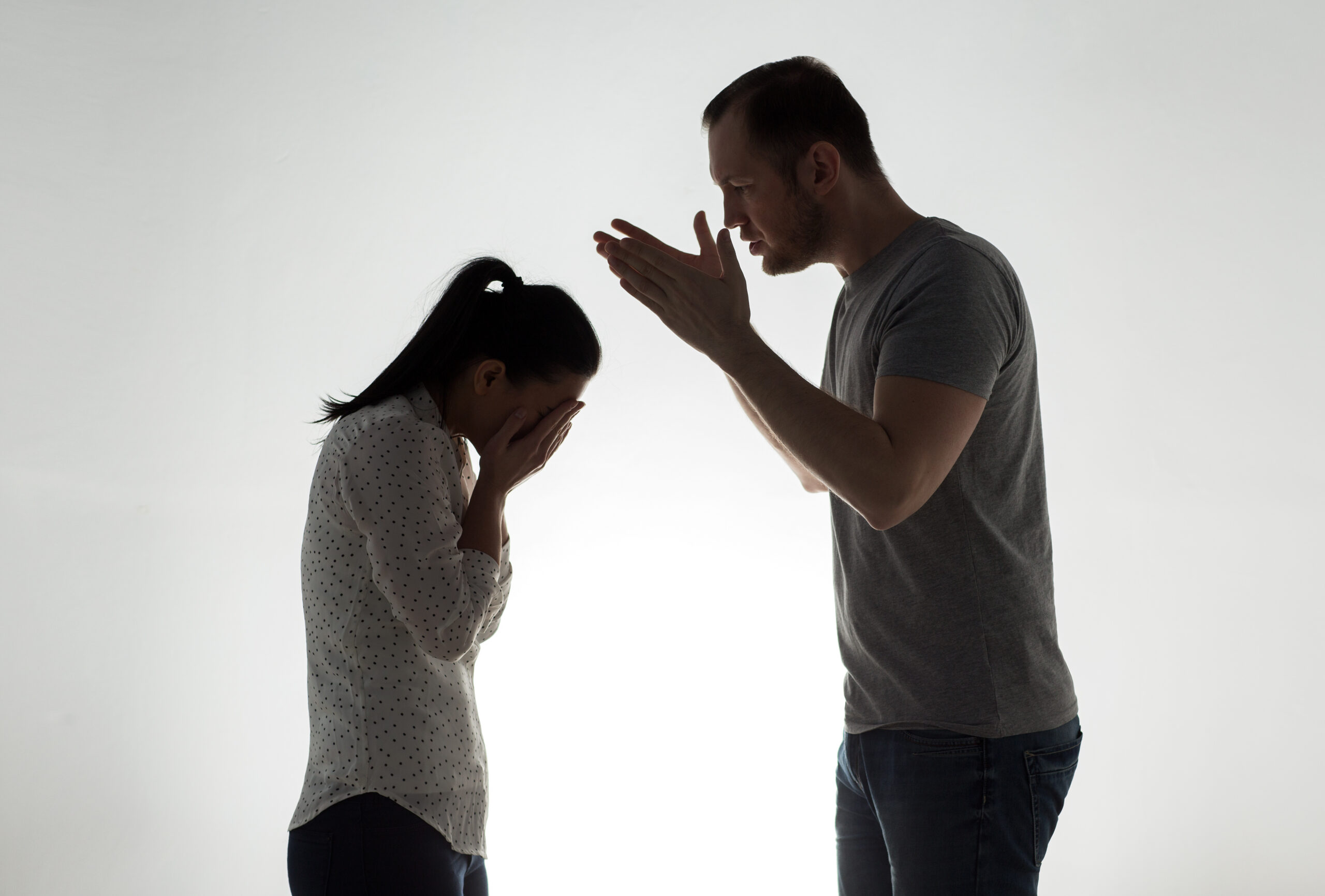Deciding to end your marriage is never easy. However, it is often necessary in cases of emotional abuse. Although feeling overwhelmed by the mere thought of dissolving your marriage is understandable, abuse should never be tolerated. Unfortunately, emotional abuse is all too common in marriages. Spouses often let their stress overcome their better judgment, and their partners have to suffer the blowbacks of their feelings through abusive behaviors that negatively impact their well-being. If you are considering divorcing an emotionally abusive spouse, contact a compassionate Rockland County Divorce & Separation Attorney who can help you safeguard your rights.
What constitutes emotional abuse?
Unfortunately, a spouse can be subjected to a wide range of abuse by their partner. Emotional or psychological abuse is a form of abuse that is defined by a person’s non-physical behaviors that are used to control, isolate, and frighten another individual. It is a common misconception that abusive spouses must have physically put their hands on you to be considered abusive. However, that is not the case. Suppose your spouse calls you names, tries to humiliate you, threatens to harm you, excessively monitors your activity, deliberately intimidates you, or is dismissive. In that case, these can all be considered emotional abuse. It is critical to note that emotional abuse can escalate to physical violence. Therefore, you must take any signs of abusive behavior seriously to protect yourself.
How can it impact a divorce?
Emotional abuse can significantly impact the outcome of a divorce settlement agreement. During property division, if you can prove to the court that your abusive partner’s behavior resulted in financial loss or loss of earning capacity, the judge may grant you a larger share of your marital property.
When a judge determines a child custody order, their main concern is safeguarding the child’s best interests. Therefore, several factors will be considered to ensure the child’s health and safety are not endangered if one parent receives parenting time. The court will consider whether either parent exhibits abusive behavior or domestic violence. Although these factors will not automatically preclude a parent from receiving custody, they will impact a judge’s decision. Abusive behavior or domestic violence can affect child custody arrangements, visitation schedules, and child support payments.
In some cases, a judge may issue a protective order, such as a temporary restraining order (TRO), an emergency protective order (EPO), or a permanent restraining order. The court may find protecting one spouse from their abusive partner is necessary. A protective order will require an abusive spouse to stay away from their partner, leaving their shared household.
To maximize your chances of favorable results when divorcing an emotionally abusive spouse, it is in your best interest to retain the legal services of a skilled attorney from The Law Office of Peter L. Jameson, PLLC, today. Our firm is prepared to work diligently on your case for the best possible outcome.


